The Everyday Habits Quietly Increasing Your Stroke Risk Without You Even Knowing (Fix Immediately)
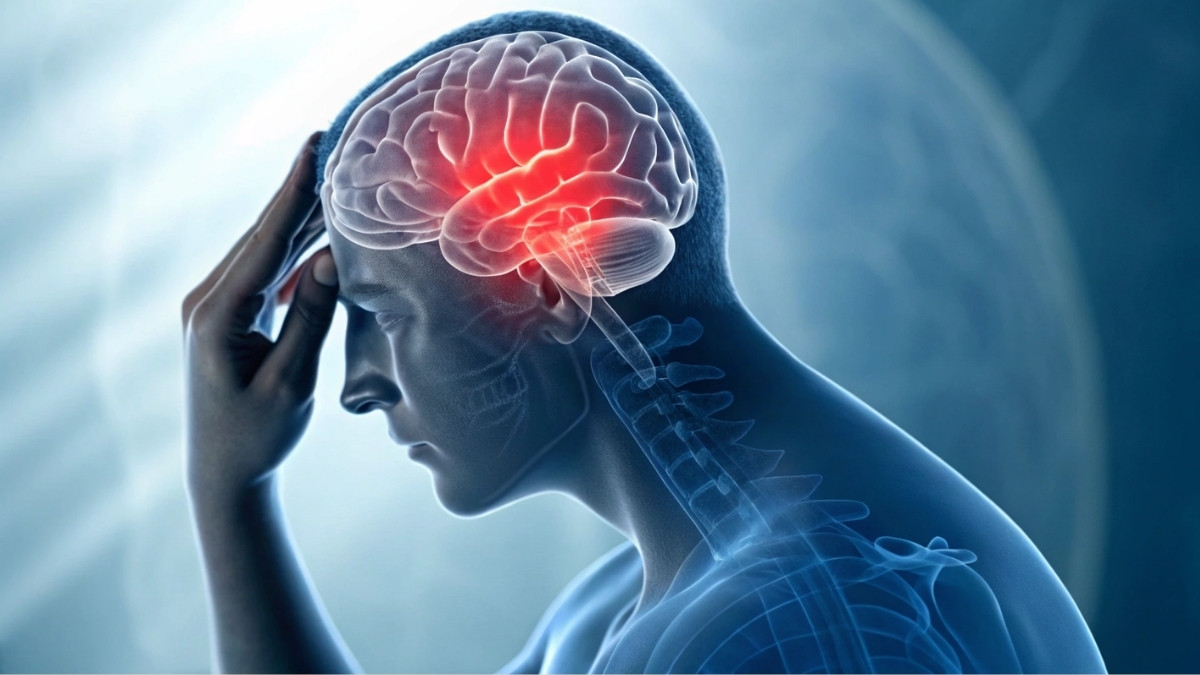
Stroke is the second leading cause of death worldwide and the third leading cause of death and disability combined PubMed Central. Yet most people never see it coming.
You eat your vegetables. You avoid junk food. You think you’re doing everything right. But what if your everyday habits—the ones that seem totally harmless—are quietly setting you up for a stroke?
Here’s the truth that doctors want you to know: Up to 80% of strokes can be prevented through lifestyle changes and early action Beacon Health System. That means most strokes don’t just happen. They build up slowly from what you do every single day.
Understanding Your Hidden Stroke Risk
You probably check your phone dozens of times a day. But when’s the last time you thought about your stroke risk?
Most people think strokes just happen to other people. The truth? Your daily choices right now are building your risk—or protecting you.
Here’s what researchers found: Between 1990 and 2021, stroke cases linked to high body weight jumped 88.2%. Cases from high blood sugar rose 32.1%. Sugary drinks increased risk by 23.4% PubMed Central. These aren’t random numbers. They show how our modern habits are creating a stroke crisis.

The numbers tell a scary story. In 2021 alone, there were 93.8 million people living with stroke effects and 11.9 million new strokes globally PubMed Central.
But here’s the good news: Most strokes come from things you can control. Metabolic issues cause 69% of strokes. Your behavior and environment cause another 35-37% PubMed Central. Translation? You have more power than you think.
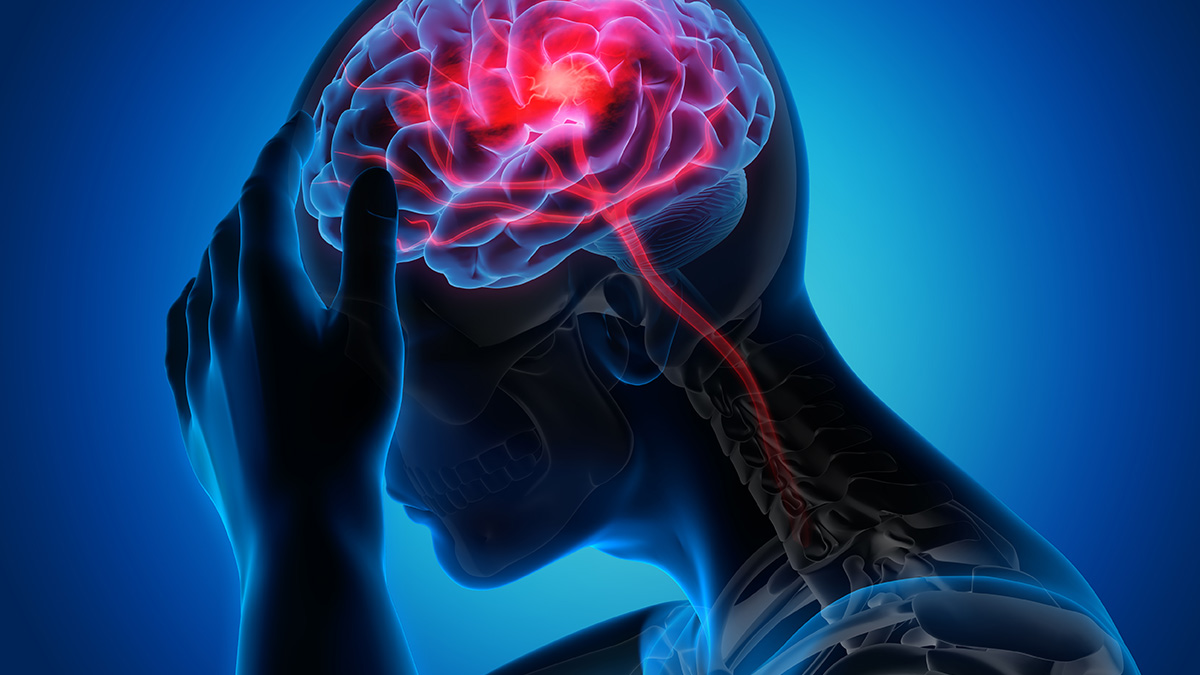
Think about it like brushing your teeth. Skip it once, no problem. Skip it for months? Big problems. Your stroke risk works the same way. Small daily habits add up over years.
The 2024 American Heart Association now puts lifestyle changes at the top of their prevention list Beacon Health System. Not pills first. Not surgery. Your daily choices.
Habit #1 – Sitting Too Long Without Movement

Right now, you’re probably sitting down reading this. How long have you been there?
Your chair might be more dangerous than you think. Scientists tracked 478,198 people for over 12 years. They found that sitting more than 3.7 hours a day starts raising your stroke risk ScienceDirect.
Here’s where it gets worse. Once you hit 11 hours of sitting, each extra hour increases your stroke risk by 21% ScienceDirect. That’s not a typo. Every single hour after 11 makes things significantly worse.
Think about your typical day. You sit during your commute. Then eight hours at your desk. Then you come home and sit on the couch for three hours watching Netflix. That’s easily 12-13 hours of sitting. Your body wasn’t built for this.

People who use screens for more than 4 hours daily have 2.42 times higher stroke odds PubMed Central. Your binge-watching habit isn’t just wasting time. It’s damaging your blood vessels.
What happens inside your body? When you sit for hours, blood flow slows down. Sugar stays in your bloodstream longer instead of going into muscles. Your blood vessels get stiff and inflamed. Small clots can form easier.
The fix is simple but requires discipline. Set a phone alarm for every 45 minutes. When it goes off, stand up for two minutes. Walk to the bathroom. Do ten desk stretches. Take the stairs. Anything that gets you moving.
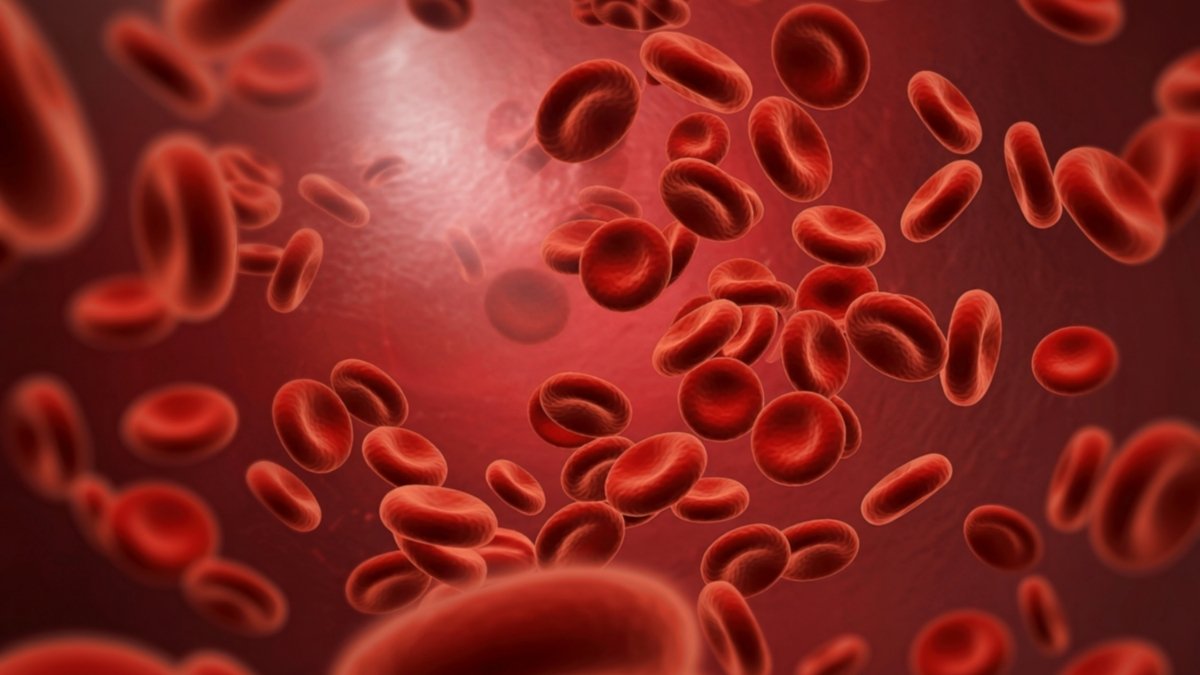
Use a standing desk for 2-3 hours of your workday. Take walking meetings when possible. Park at the far end of the lot. These small moves add up.
Habit #2 – Poor Sleep Quality and Untreated Sleep Apnea

Does your partner complain about your snoring? Do you wake up tired even after a full night’s sleep?
You might have a hidden problem that’s quietly damaging your brain. Up to 70% of stroke survivors had sleep apnea. Compare that to only 30% of regular people ScienceDirect.
Sleep apnea means you stop breathing during sleep. Sometimes dozens of times per hour. Your brain wakes you up just enough to breathe again. You don’t remember it, but your body does.

People with obstructive sleep apnea have almost double the stroke risk (1.97 times higher) PubMed. Every time you stop breathing, your blood pressure spikes. Your heart races. Your blood vessels get damaged. Night after night, this adds up.
Here’s the scary part: If you’ve already had a stroke and don’t treat your sleep apnea, you’re more likely to have another stroke, die sooner, recover slower, and stay in the hospital longer Chestnet.
But it’s not just sleep apnea. Any lack of quality sleep raises your blood pressure and messes with your heart Tcvcg. Most adults need 7-9 hours each night Texas Health. Are you getting that?
Warning signs you need a sleep study: Loud snoring every night. Waking up gasping. Feeling exhausted despite sleeping 7-8 hours. Your partner seeing you stop breathing.
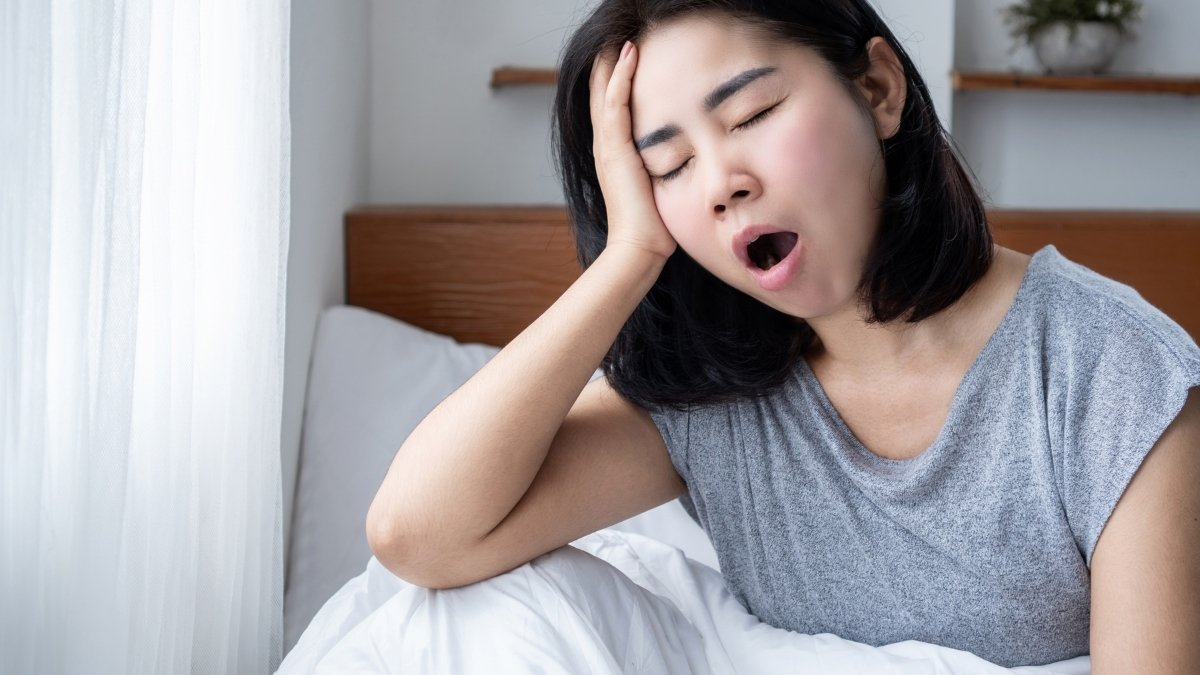
What you can do right now: Go to bed at the same time every night. Keep your bedroom dark and cool (65-68°F works best). Stop looking at screens one hour before bed. Cut caffeine after 2pm.
If you have sleep apnea symptoms, talk to your doctor about a sleep study. CPAP machines help you breathe at night. They’re not fun, but they work.
Habit #3 – Regular Consumption of Sugary Drinks
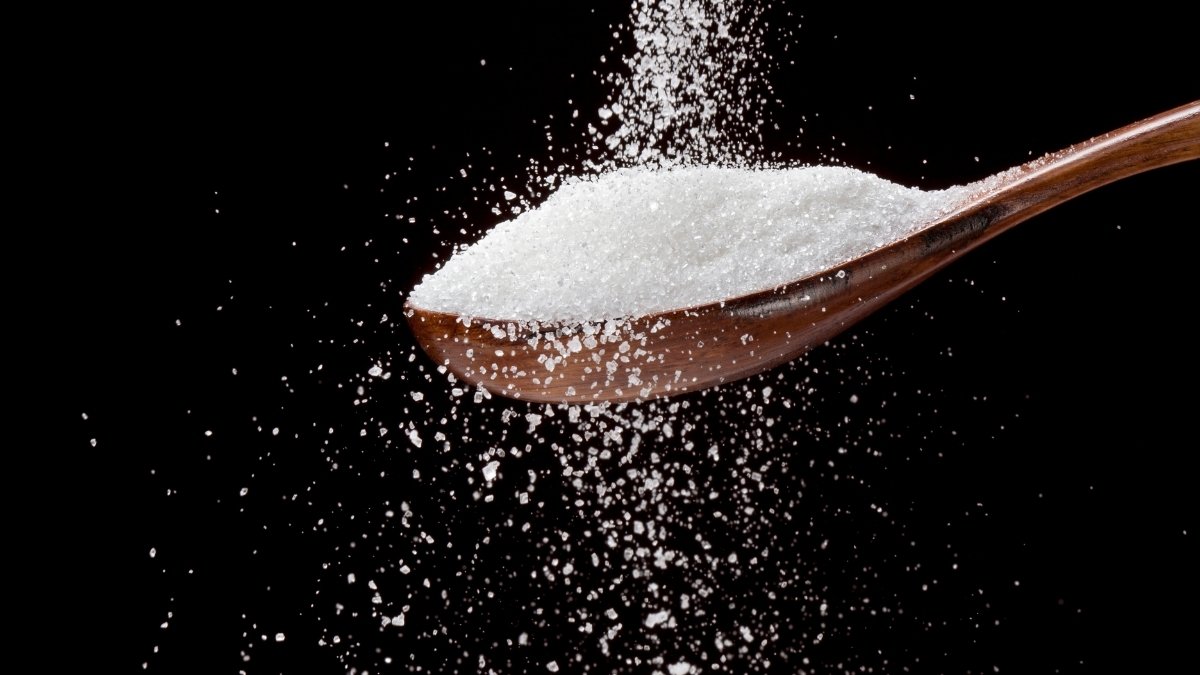
That afternoon soda seems harmless, right? Just a little pick-me-up with lunch.
Wrong. Every extra sugary drink you have each day raises your stroke risk by 13% AHA Journals. One can of soda. One sweet coffee. One energy drink. Each one pushes you closer to danger.
People who drink one or more sugary beverages daily have 21% higher stroke risk PubMed. And it’s not just strokes. Sweetened drinks also increase your risk of heart failure, irregular heartbeat, and artery problems Frontiers.

Here’s what makes liquid sugar so bad: Your body doesn’t register it like food. You drink a 300-calorie Frappuccino and still feel hungry. So you eat a full meal on top of it.
A 20-ounce soda has 17 teaspoons of sugar American Heart Association. Picture yourself eating 17 spoons of sugar with a spoon. Gross, right? But you drink it without thinking.
Having two or more sugary drinks daily makes you 31% more likely to die from heart disease American Heart Association. That daily sweet tea habit? It’s slowly poisoning you.
What counts as a sugary drink? Soda, obviously. But also sweetened coffee drinks, energy drinks, sweet tea, fruit juice (yes, even 100% juice), and sports drinks when you’re not exercising.
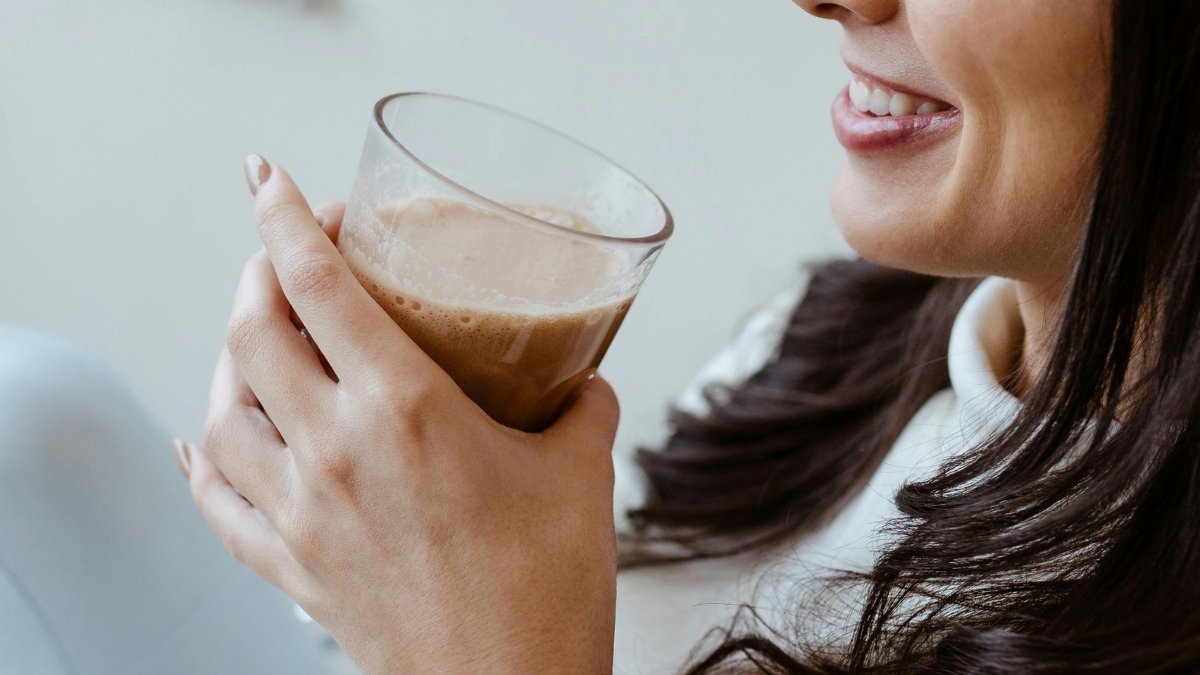
Your action plan: Replace just one sugary drink with water today. Add lemon or cucumber for flavor. Switch to black coffee or unsweetened tea. If you need bubbles, try sparkling water.
Read labels carefully. That “healthy” smoothie might have 40 grams of sugar. Limit fruit juice to 4-6 ounces max. Keep a water bottle with you everywhere.
Habit #4 – Chronic Stress and Poor Stress Management

Your heart races when your boss emails at 9pm. Money worries keep you awake. You can’t remember the last time you felt truly relaxed.
That constant stress isn’t just in your head. It’s attacking your blood vessels. Scientists now officially recognize chronic stress and depression as stroke risk factors you can change PubMed Central.
Jobs where you work hard but control nothing raise stroke risk by 22% Cleveland Clinic. Think nurses dealing with impossible patient loads. Waitstaff handling angry customers. Customer service reps blamed for company problems. You work harder, but nothing improves.
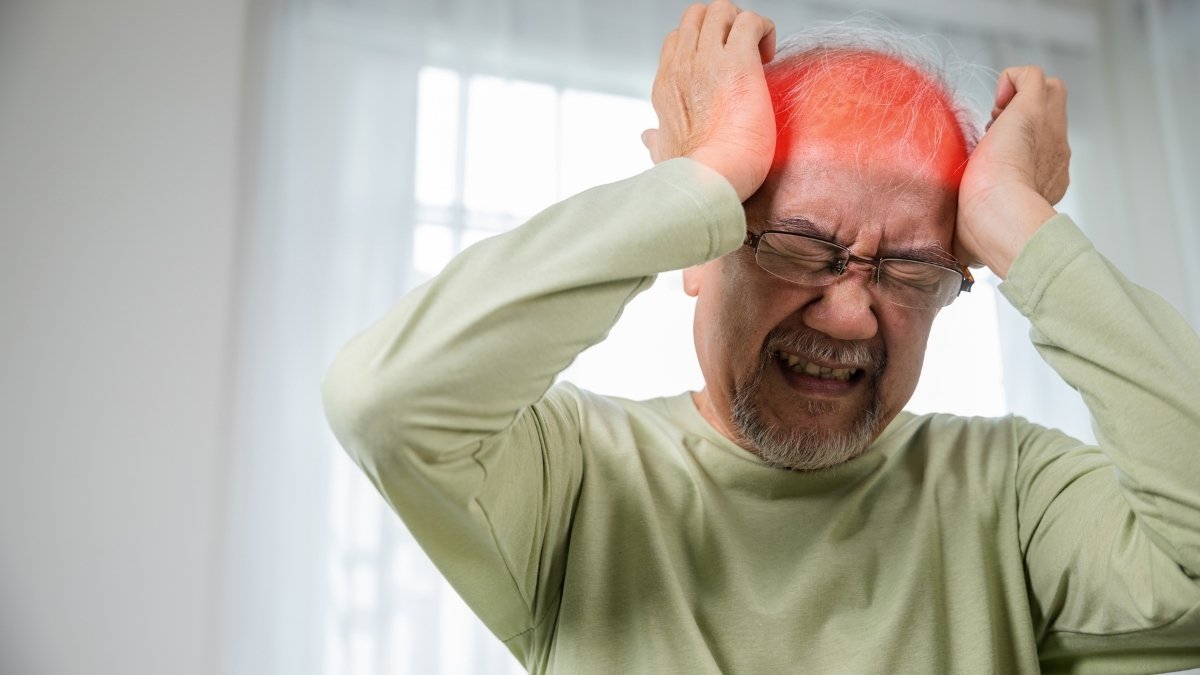
Here’s what stress does inside your body: It pumps out cortisol, which raises your blood sugar and blood pressure. Your body thinks you’re running from danger Banner Health. But you’re just sitting at your desk. Day after day, this wears down your arteries.
Chronic stress inflames your blood vessels, damages the vessel lining, and keeps your blood pressure high—all direct paths to stroke Wyckoff.
Your stress center tells your bone marrow to make extra white blood cells. These cells swarm your arteries, creating plaques and inflammation ScienceDaily. Your body’s trying to protect you but ends up hurting you.
Maybe you’re caring for a sick parent. Or stuck in a toxic relationship. Or drowning in debt. The source doesn’t matter. Prolonged stress consistently links to more strokes and heart problems URMC Newsroom.
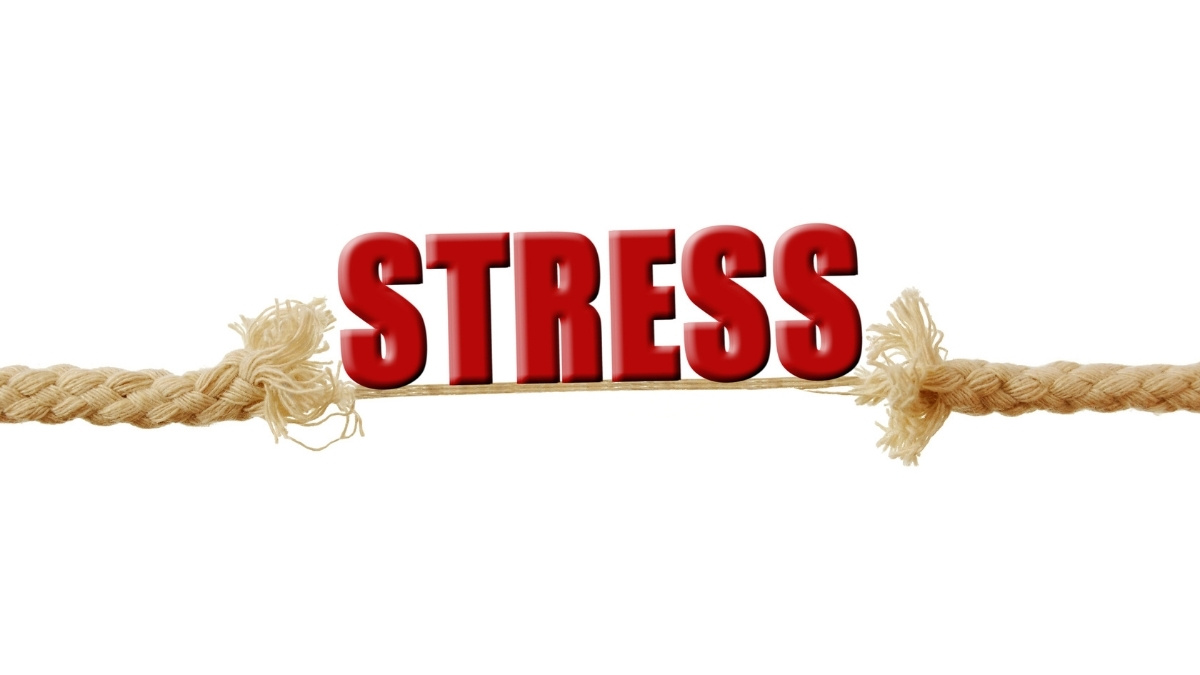
What helps: Ten minutes of deep breathing daily. Set a hard boundary—no work emails after 7pm. Give yourself 15 minutes of “worry time” each day, then move on. Exercise 30 minutes, five times weekly. It’s the best natural stress relief.
Talk to a therapist. Seriously. Your brain health depends on it. Use your vacation days. Practice tensing and relaxing each muscle group.
Habit #5 – Excessive Salt Intake
You shake a little salt on your dinner and think you’re fine. But that’s not where most of your sodium comes from.
Too much salt raises your blood pressure, which is one of the biggest causes of stroke Tcvcg. And you’re probably eating way more than you think.
One bag of chips or a typical fast-food meal can contain enough sodium to spike your blood pressure Affinity Health. Over time, all that salt hardens your arteries. Blood can’t flow easily. Pressure builds up. Something has to give.
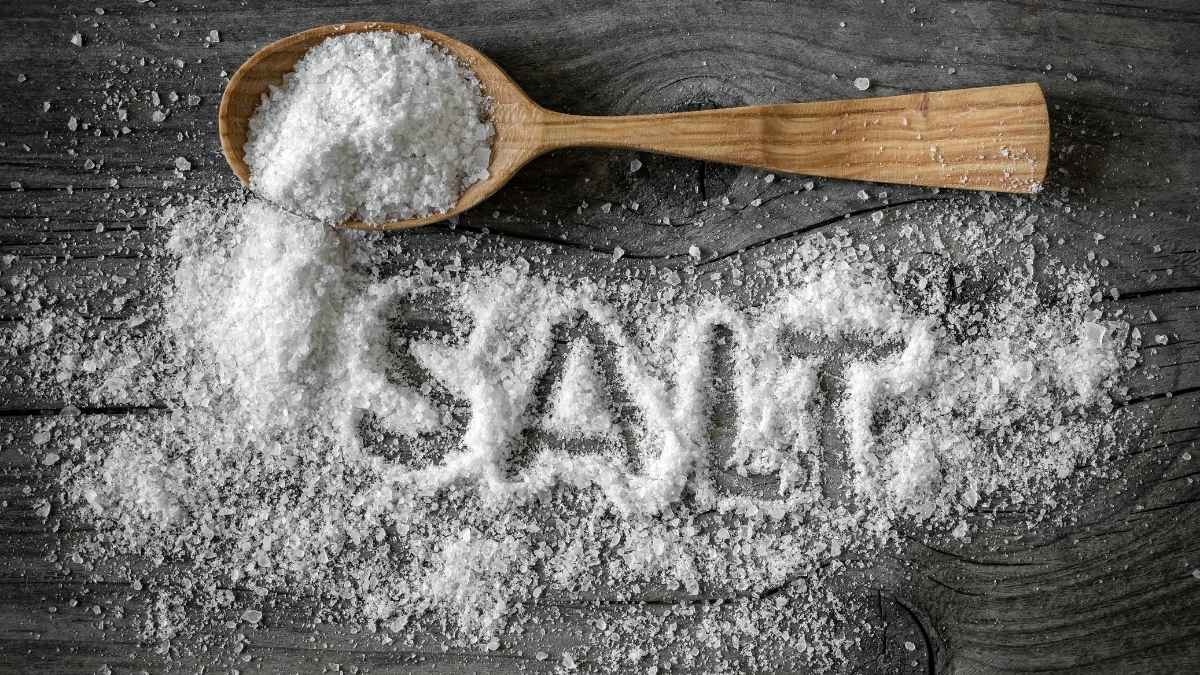
Here’s the sneaky part: The salt shaker on your table isn’t the problem. Most of your sodium hides in processed and restaurant food.
The worst offenders: Deli meat for your sandwich (one serving can have 500mg sodium). Canned soup (one can = your entire day’s worth). Restaurant meals pack 2-3 times what you should eat daily. Frozen dinners. Chips and crackers. Even salad dressings and ketchup.
What you can do today: Read every nutrition label. Keep meals under 600mg sodium. Cook at home when possible so you control what goes in. Use garlic, herbs, and spices instead of salt for flavor.
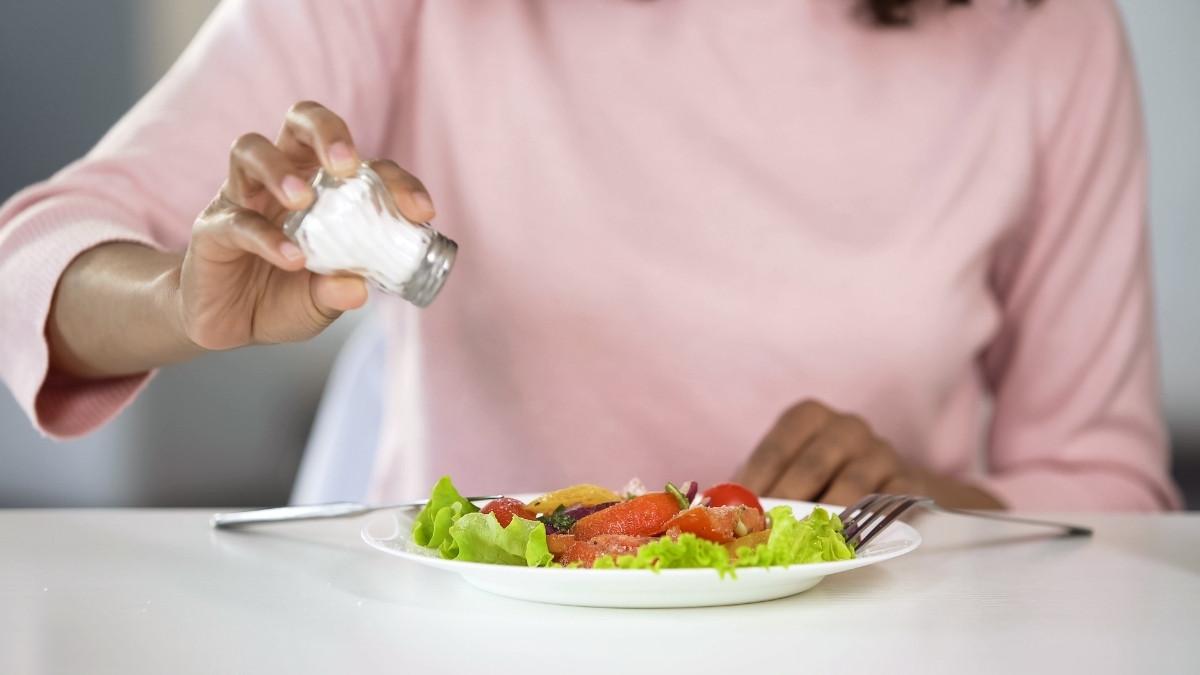
Rinse canned beans and vegetables under water—it washes away 40% of the sodium. Buy “no salt added” or “low sodium” versions. When eating out, ask them to prepare your food without added salt.
Habit #6 – Smoking and Secondhand Smoke Exposure
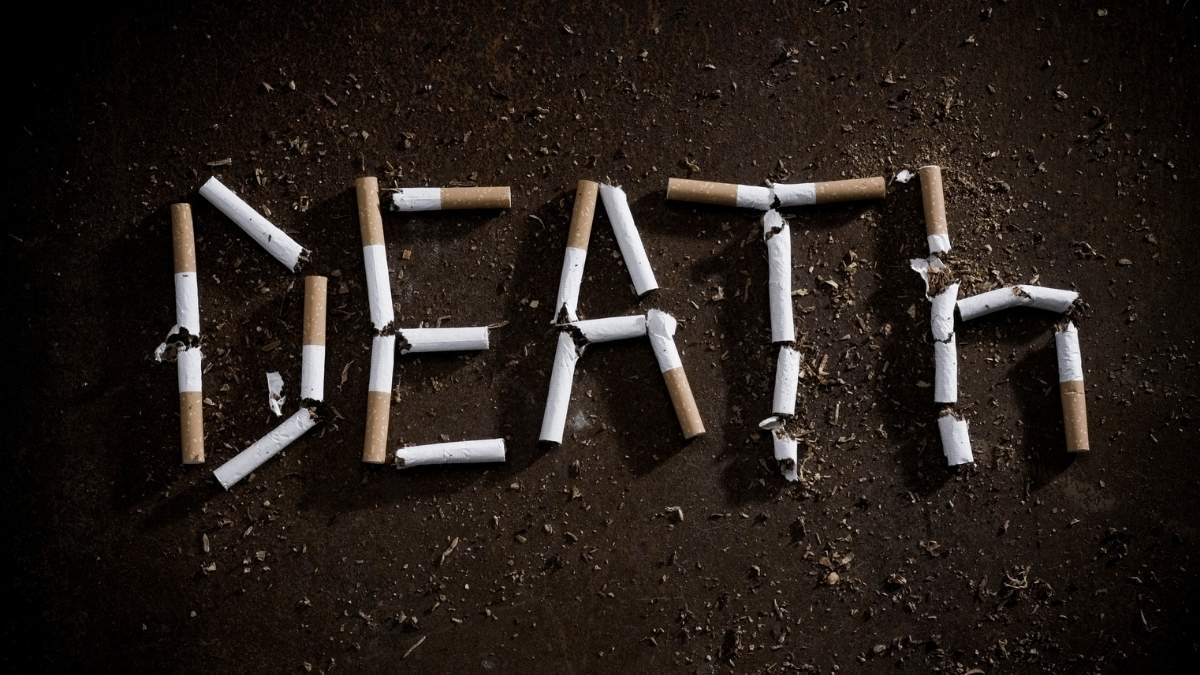
Maybe you only smoke on weekends. Or you switched to vaping because it seems safer. Or you don’t smoke at all, but your partner does.
None of that matters. Smoking causes nearly 15% of all stroke deaths every year PubMed Central. There’s no safe amount.
Every cigarette damages your blood vessels, raises your blood pressure, and makes your blood thicker and stickier Affinity Health. Thick blood forms clots easier. Damaged vessels can’t handle the pressure. Clots break loose and travel to your brain.
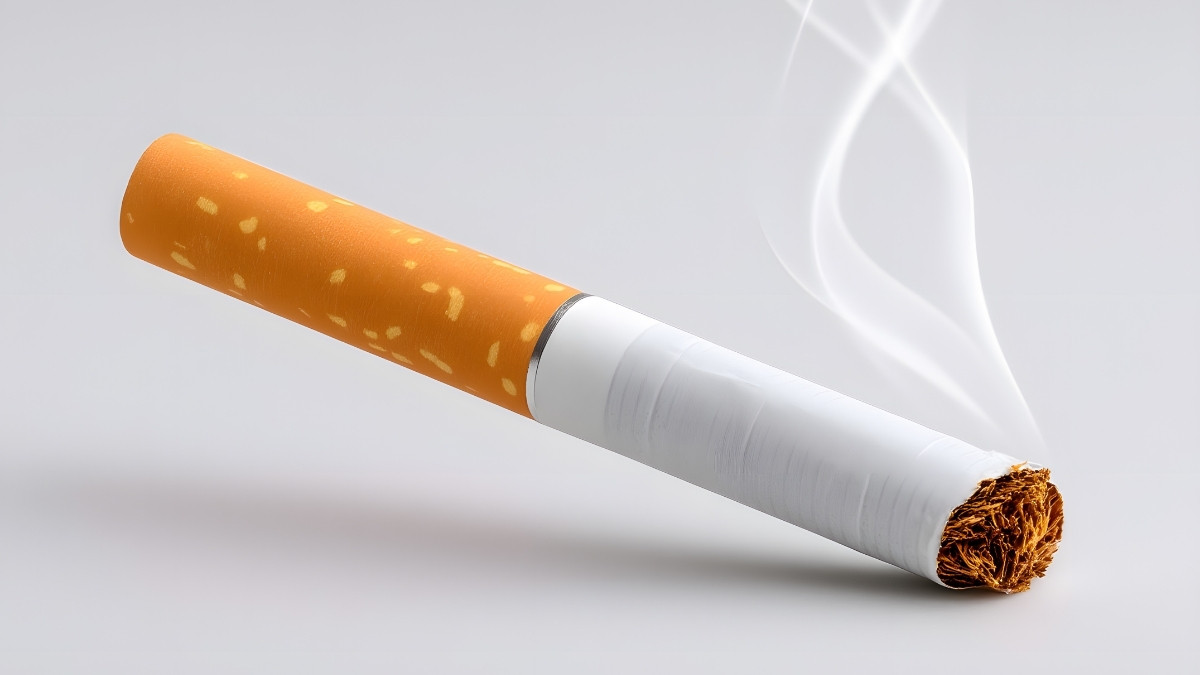
Smoking also speeds up plaque buildup in your arteries, dramatically raising stroke risk Tcvcg. Think of it like rust building up inside a pipe. Eventually, nothing can flow through.
And it’s not just smokers at risk. Living with someone who smokes puts you in danger too. That secondhand smoke damages your vessels just like it damages theirs.
“But I vape, not smoke.” E-cigarettes still harm your blood vessels. “I only smoke when I drink.” Those weekend cigarettes still count. “I’ve smoked for 20 years—too late now.” Wrong. Your risk drops significantly within months of quitting.
How to quit: Pick a quit date in the next 30 days. Mark it on your calendar. Try nicotine patches or gum to ease cravings. Ask your doctor about prescription medications like varenicline or bupropion—they help.

Call 1-800-QUIT-NOW for free support. Join a quit group. Figure out what triggers your smoking (stress? coffee? alcohol?) and plan alternatives. Throw out every cigarette, lighter, and ashtray today.
Habit #7 – Excessive Alcohol Consumption
That nightly glass of wine to “unwind” seems harmless. Or those three beers every Friday night. Just letting off steam, right?
Wrong. Heavy drinking raises your blood pressure and causes irregular heartbeats like atrial fibrillation—a major stroke risk factor Tcvcg.
Here’s the reality: About 2 billion people drink alcohol worldwide. Over 400 million have alcohol use disorders NCBI. Excessive drinking links to more than 200 diseases. Stroke is just one of them.
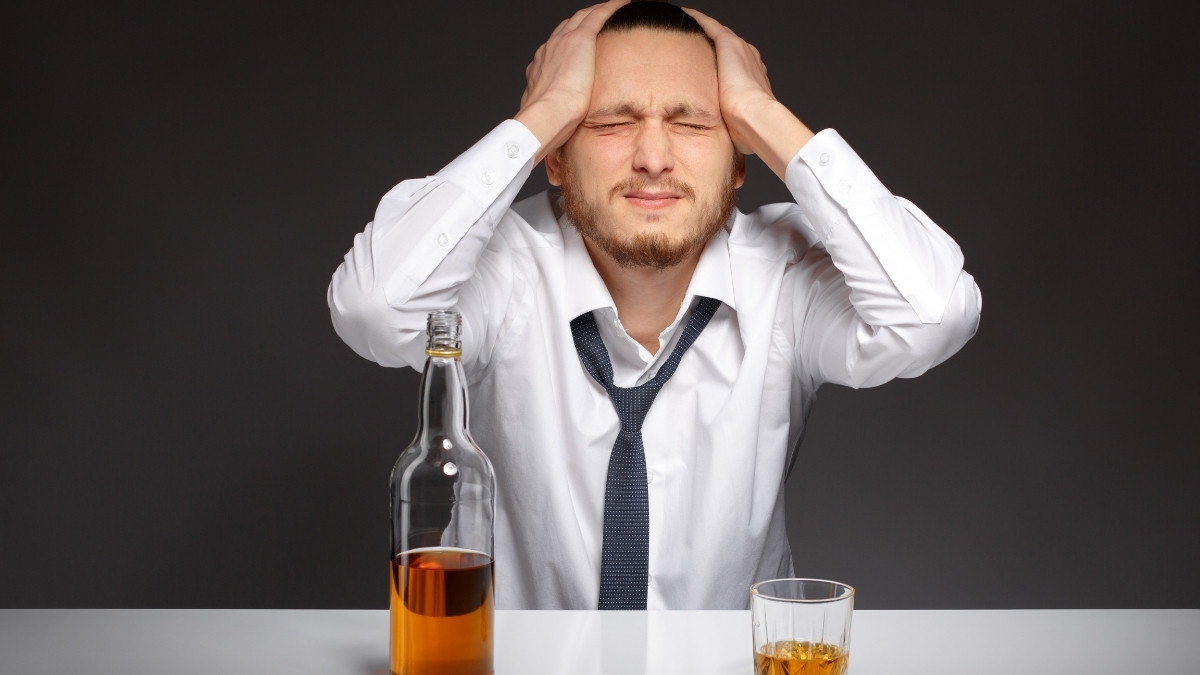
What counts as excessive? Three or more drinks in one sitting, done regularly. Daily wine with dinner. Weekend binge drinking where you lose count. Using alcohol as your stress relief.
Your heart doesn’t care if it’s “just wine” or “craft beer.” Alcohol is alcohol. When you drink heavily, your blood pressure spikes. Your heart rhythm gets wonky. Blood clots form easier. Over time, your stroke risk climbs.
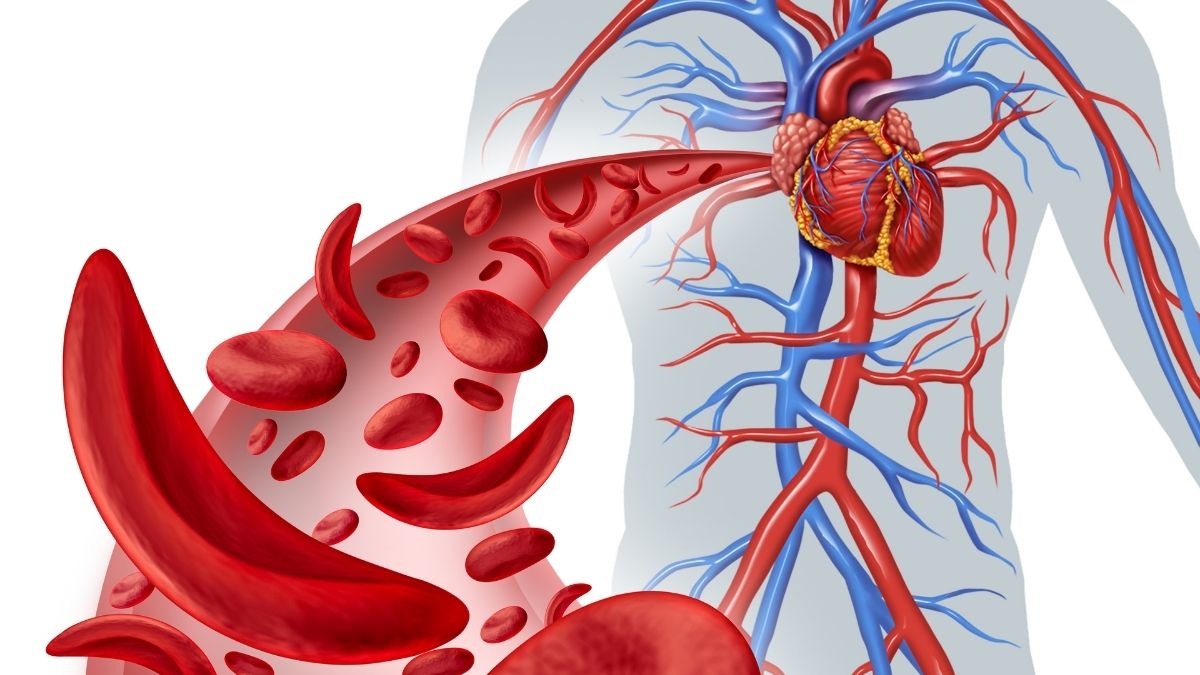
What’s safe? Women should stick to one drink per day maximum. Men can have two Tcvcg. That’s it. One drink means one 5-ounce glass of wine, one 12-ounce beer, or one 1.5-ounce shot of liquor.
Track your drinks in a phone app. You’ll be shocked how quickly they add up. Alternate each alcoholic drink with a full glass of water. Find other ways to relax—exercise, hobbies, time with friends.
At the Last,
Your everyday habits control your stroke risk more than you ever realized. Research proves that changing your lifestyle can reduce both stroke and dementia risk Beacon Health System.
The seven habits we covered—sitting too long, poor sleep, sugary drinks, chronic stress, excessive salt, smoking, and heavy drinking—are all within your control. You can change them. Starting today.
Most strokes linked to metabolism and behavior can be prevented through the choices you make PubMed Central. Not someday. Not when you’re older. Right now.
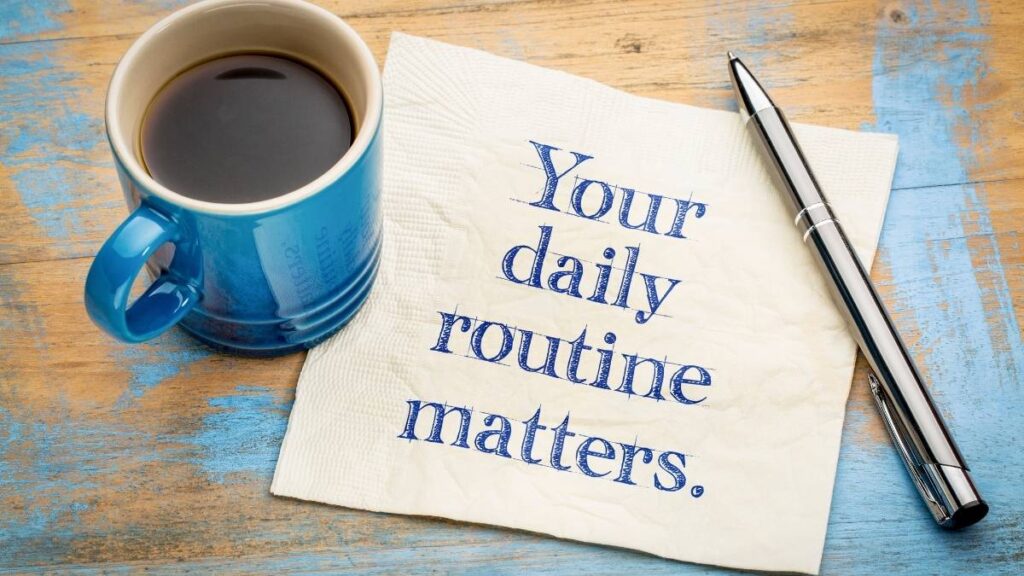
You don’t need to fix everything at once. That’s overwhelming and doesn’t work. Pick one habit from this list. Just one.
Set a phone timer to stand up every hour. Call your doctor about a sleep study. Replace your afternoon soda with water. Take a 10-minute walk to handle stress. Check sodium labels before buying food. Set a quit date for smoking. Track your alcohol in an app.
Small changes done consistently beat big changes done occasionally. One habit fixed this month becomes two habits next month. Six months from now, your stroke risk drops significantly.






